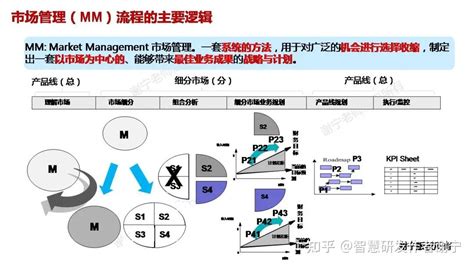Title: Maximizing the Impact of Management Open Courses
In the realm of professional development, management open courses stand as vital resources for honing leadership skills, fostering innovation, and driving organizational success. These courses offer a platform for individuals to acquire new insights, techniques, and perspectives essential for navigating the complexities of modern business environments. However, to truly maximize the impact of management open courses, strategic planning, implementation, and postcourse integration are paramount. Let's delve into key strategies for optimizing the effectiveness of management open courses:
1. Needs Assessment and Course Selection:
Before embarking on any management open course, it's crucial to conduct a comprehensive needs assessment. Identify the specific skills gaps, challenges, and strategic objectives within your organization. This assessment will guide the selection of appropriate courses tailored to address these needs effectively. Whether it's leadership development, change management, or strategic planning, align the course content with organizational priorities to ensure relevance and applicability.
2. Engage Stakeholders and Set Clear Expectations:
Effective communication with stakeholders is essential for garnering support and commitment to the management open course initiative. Engage senior leadership, HR professionals, and frontline managers in the decisionmaking process. Clearly articulate the objectives, anticipated outcomes, and expected return on investment (ROI) of participating in the course. Establishing clear expectations upfront fosters buyin and accountability throughout the learning journey.
3. Customization and Tailored Learning Paths:
Recognize that one size does not fit all when it comes to management open courses. Customize learning paths based on the diverse needs, roles, and levels of expertise within your organization. Offer a mix of foundational courses for new managers and specialized workshops for seasoned executives. Incorporate case studies, simulations, and realworld examples to make the learning experience more relevant and engaging.
4. Blended Learning Approach:
Embrace a blended learning approach that combines inperson sessions, virtual modules, and selfpaced online resources. This hybrid model offers flexibility, accessibility, and scalability, catering to the diverse learning preferences and schedules of participants. Leverage technology platforms for interactive discussions, virtual collaboration, and knowledge sharing beyond the confines of traditional classroom settings.
5. Ongoing Support and Application:

The true measure of success lies in the application of learning outcomes in realworld scenarios. Provide ongoing support mechanisms such as coaching, mentoring, and peertopeer networks to facilitate the transfer of knowledge and skills acquired during the management open course. Encourage participants to develop action plans, set goals, and track progress towards implementing new strategies and best practices in their respective roles.
6. Evaluation and Continuous Improvement:
Evaluation is key to assessing the effectiveness and impact of management open courses. Implement precourse assessments to gauge baseline knowledge and postcourse evaluations to measure learning outcomes and behavior change. Solicit feedback from participants, managers, and key stakeholders to identify strengths, areas for improvement, and emerging training needs. Use this data to refine course offerings, update content, and enhance delivery methods for continuous improvement.
Conclusion:
Management open courses represent valuable opportunities for professional growth, organizational development, and competitive advantage. By strategically planning, implementing, and integrating these courses into your talent development strategy, you can unlock the full potential of your workforce and propel your organization towards sustainable success.











